President Ho Chi Minh brought Vietnamese national culture to the world and the times. Affirming national identity and absorbing the essence of human culture is a dialectical perspective in Ho Chi Minh's thought on culture. He linked different cultural nuances for a future of peace and development.
"Connecting diverse cultural nuances into a single Vietnamese culture."
The enduring values that make up the Vietnamese cultural identity are fervent patriotism, an indomitable fighting spirit against foreign invaders; solidarity, love and connection between individuals - families - villages - the Fatherland; compassion, tolerance, respect for morality and ethics; diligence, creativity in labor, simplicity in lifestyle, closeness to nature... All of these converge and shine in the national liberation hero, the outstanding cultural figure Ho Chi Minh. Prime Minister Pham Van Dong, his student and long-time comrade-in-arms, commented: "President Ho is Vietnamese, more Vietnamese than any other Vietnamese" (1). But in this Vietnamese, there is always an attitude of respecting all cultural values of humanity, constantly opening up to receive positive and progressive elements to enrich Vietnamese culture.
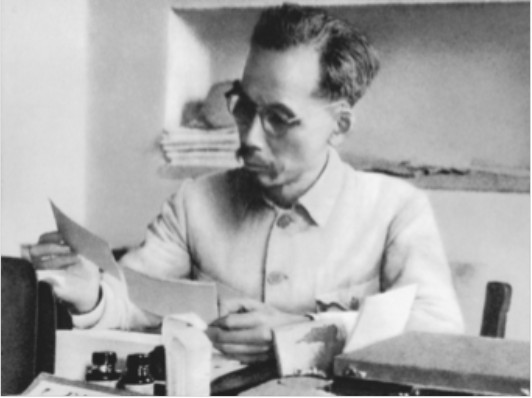
With the motto of finding commonalities as a basis for receiving other values, so that nations can live together in harmony and develop together, President Ho Chi Minh always found and emphasized common denominators - which can bring dialogue partners closer together so that they can walk the same path while still preserving their differences. These commonalities are universal values: moral principles, humanity, goodness, love of freedom, aspiration for national independence... He believed that: "Although the customs of each people are different, there is one thing that all people are alike in. That is, all people like good and hate evil" (2). It can be mentioned that President Ho Chi Minh quoted some points from the American Declaration of Independence of 1776 and the French Declaration of Human Rights and Citizen Rights of 1791 to begin the Declaration of Independence that gave birth to the Democratic Republic of Vietnam on September 2, 1945 as a prominent example to illustrate this.
Since 1990, Dr. M. Admad, Director of UNESCO's Asia-Pacific region, in one of his studies wrote: "Ho Chi Minh - The person who linked many cultural nuances into a single Vietnamese culture." He also wrote: "He was able to do this thanks to his deep understanding and respect for different cultural characteristics" (3).
The embodiment of cultural tolerance.
President Ho Chi Minh's cultural thinking was always open and averse to cultural discrimination. He always showed a deep respect for the values of human culture, constantly opening himself up to embrace positive, progressive, and humane elements, enriching Vietnamese culture. This is the spirit of Ho Chi Minh's cultural tolerance. This tolerance stems from the tradition of compassion and tolerance, from the flexible and dynamic nature of Vietnamese culture, which President Ho Chi Minh inherited and enhanced. In President Ho Chi Minh's revolutionary thinking and actions, the Vietnamese people resolutely resisted French colonialism but did not oppose the cultural values of the French people; they resisted American imperialism but still cherished American revolutionary and cultural traditions. This has been affirmed by many researchers of Ho Chi Minh. American researcher David Halberstam wrote: “Ho Chi Minh not only liberated his country, changed the direction of the colonial regime in Asia and Africa, but he also did something even more remarkable: using the culture and soul of the enemy to win” (4). Moreover, Ho Chi Minh is the embodiment of a future culture, a culture of peace and development. “Nguyen Ai Quoc radiated a kind of culture, not European culture, but perhaps a future culture” (5) - that is the profound and subtle observation that we are familiar with from the Soviet poet Osip Mandelstam in his essay Visiting a communist internationalist - Nguyen Ai Quoc more than 100 years ago.
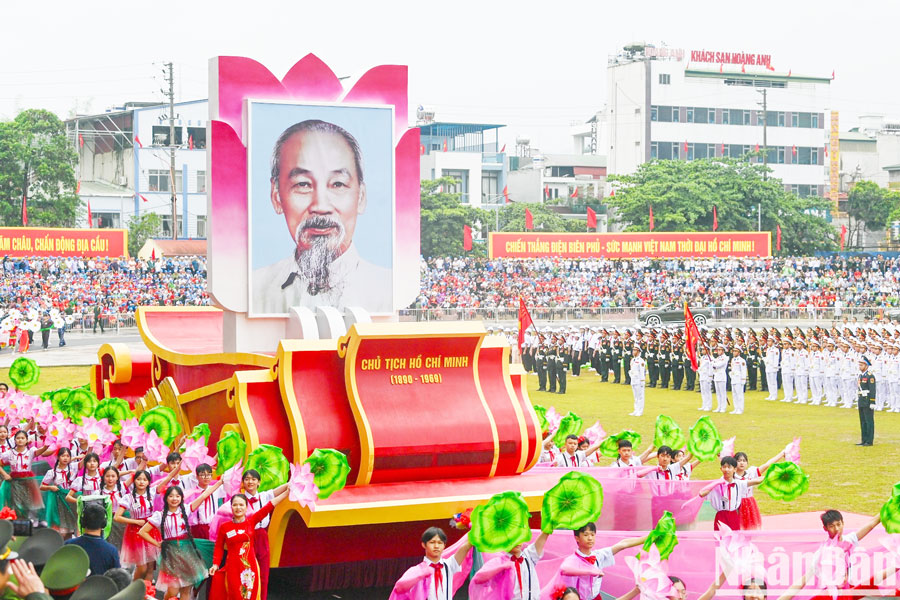
Today, humanity possesses the economic, cultural, scientific, technical, and technological resources to build a better world order. However, humanity also faces global problems with major challenges such as environmental degradation, poverty, inequality, and bloody religious and ethnic conflicts that continue daily. Rising hatred in many places demands a perspective of peaceful coexistence. The soul of that perspective is tolerance. Tolerance may not solve all problems, but it can help us find ways to behave in a more positive direction. Tolerance can open paths to unity, peace, and prosperity.
President Ho Chi Minh was the sublime embodiment of the Vietnamese spirit of tolerance and compassion. He inherited and elevated the Vietnamese nation's tradition of compassion and tolerance to a new level. In him, the culture of tolerance always shone brightly in his thoughts, feelings, and every action, and the example of Ho Chi Minh's cultural tolerance is admired and honored by humanity.
A person who guides the development of Vietnamese culture.
For President Ho Chi Minh, nurturing national characteristics in culture also reflected the Vietnamese people's aspiration for peace, friendship, and freedom in their relationship with the world. This contributed to the blending of global cultural values with Vietnamese culture, creating a culture with historical value, adaptability, and the ability to develop, select, and absorb the best elements. Within this national culture, President Ho Chi Minh synthesized the best of both Eastern and Western cultures, extracting the good, the reasonable, and the positive aspects of many doctrines – from Confucianism, Buddhism, and Taoism to Jesus, Sun Yat-sen, and Gandhi…
As President Ho Chi Minh conceived, “Whatever is good in the West or the East, we should learn from it to create a Vietnamese culture. That is, we should take the good experiences of ancient and modern cultures, cultivate a culture that truly has a pure Vietnamese spirit to be in line with the democratic spirit” (6). The new Vietnamese culture is unified in diversity, inheriting the good cultural traditions of the nation, both absorbing the essence and creating on the basis of identity, contributing to enriching human culture. This is the assimilation of the essence of human culture, making those essences become good, beautiful things that have a “pure Vietnamese spirit”. This is the “Vietnamization” of selectively taking what comes from outside, transforming it into something natural like the endogenous elements already present in Vietnamese culture.
President Ho Chi Minh also understood better than anyone the shortcomings and deficiencies of Vietnamese culture as it gradually emerged from its "bamboo hedge" to integrate with the world. Traditional Vietnamese culture, built on a long-standing agricultural civilization, still has many shortcomings and limitations. Our level of science and technology is still low, our way of thinking is not yet modern, labor productivity is still low, and many small-scale farming habits have not yet been overcome...
To overcome this situation, absorbing new and progressive elements of world culture, acquiring new knowledge to master science and technology, and catching up with the level of human civilization is crucial. This is also consistent with the law of cultural development, which always involves interaction and mutual influence between cultures. This is also an inevitable trend for national cultures to affirm their values, to avoid losing themselves when integrating and adapting, and to avoid falling behind the increasingly globalized world, where the world is becoming a symbiotic environment economically and culturally, and where the development of a community, a nation, or a country is inseparable from the development of other communities, other countries, and the development of the entire world. Standing firm on the foundation of national culture to conquer and assimilate external cultural values, this cultural resilience of the Vietnamese people was further strongly promoted by President Ho Chi Minh in building a new Vietnamese culture during the period of the national liberation revolution.
President Ho Chi Minh brought national culture to the level of global and contemporary culture – something unprecedented in Vietnamese history. Affirming national identity and absorbing the finest aspects of global culture is a dialectical perspective in Ho Chi Minh's thought on culture. These two elements guide the development of Vietnamese culture today.
Thien Phuong
Source



![[Photo] Prime Minister Pham Minh Chinh receives the Director General of TASS News Agency (Russian Federation)](https://vphoto.vietnam.vn/thumb/1200x675/vietnam/resource/IMAGE/2026/02/25/1772024599891_dsc-8041-jpg.webp)




![[Photo] Prime Minister Pham Minh Chinh presides over the meeting of the Steering Committee for the Development of Science, Technology, Innovation, Digital Transformation and Project 06.](https://vphoto.vietnam.vn/thumb/1200x675/vietnam/resource/IMAGE/2026/02/25/1772024613089_1772024091685-jpg.webp)
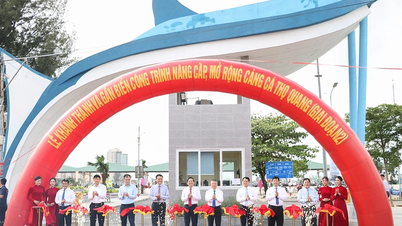





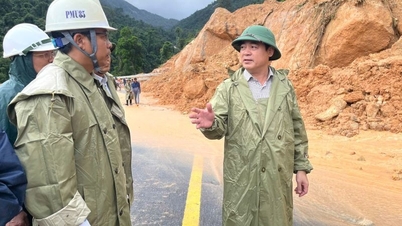

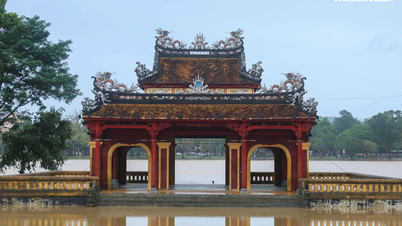





















































































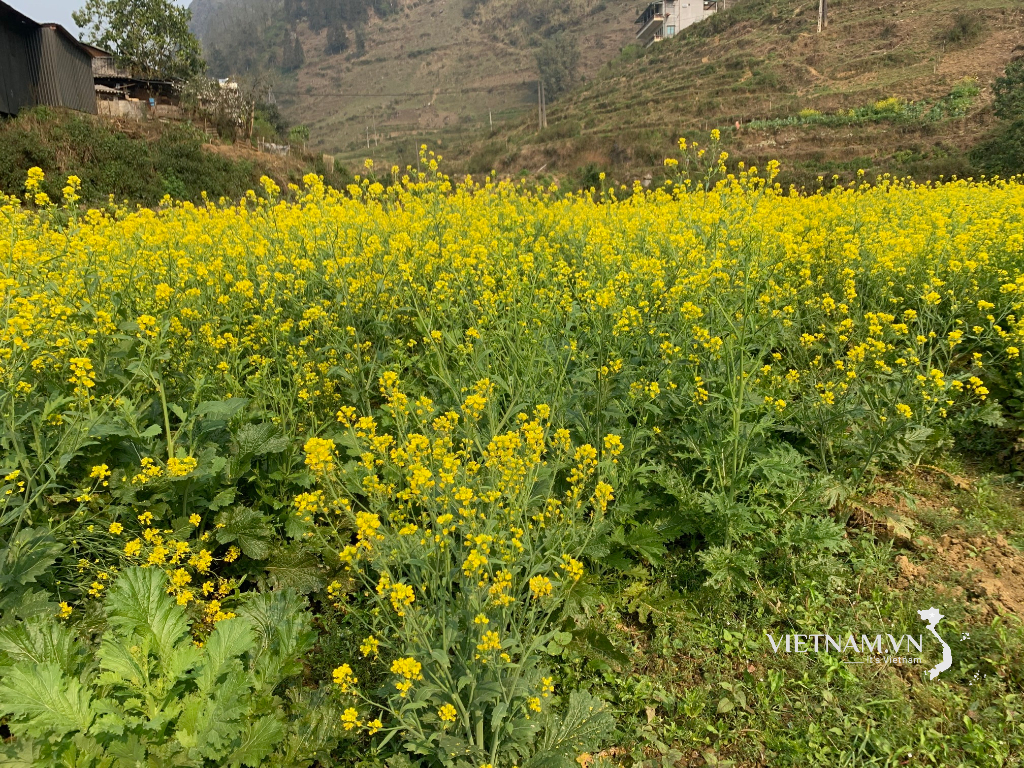

Comment (0)